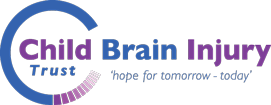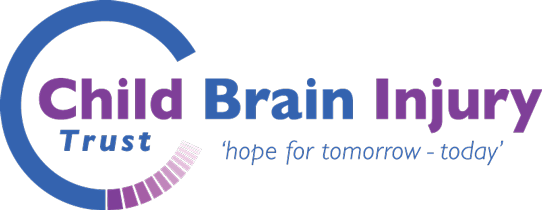Hello, I am Dr Sophie Gosling. I am a Clinical Psychologist specialising in the rehabilitation of children who have suffered a brain injury. I am also the Clinical Lead at Recolo UK Ltd. I have worked with families from all walks of life for over 25 years. I was drawn to psychology through personal experiences; my parents’ divorce when I was in my teens, my aunt has a learning difficulty from a birth injury, plus I enjoy working with children.
This blog is about ‘rehabilitation’. I am going to talk about neuropsychological rehabilitation as this is what I know! Psychologists support you and other important people in your child’s life to understand and help with their brain injury, emotions and behaviour. We often use creative therapeutic approaches with children, like drawing, play and games. We aim to work with you to find effective solutions to these difficulties, using the scientific evidence about what works.
As well as neuropsychology, rehabilitation also includes other important areas like speech and language, physiotherapy and occupational therapy. As health professionals, we tend to work as a team to co-ordinate care. I will try and explain a bit about what neuropsychological rehabilitation can look like, what to expect, and what a ‘good service’ can give you and your family.
What is neuropsychological rehabilitation?

When a child has a brain injury it affects the whole family. Rehab helps all family members cope with distress and upset, to have a place to talk about and learn to understand how the brain injury has affected their child, and to help with adjusting and adapting to changes in family life. For the child who has had the brain injury, it can also include relearning skills, supporting their education, participation, social life, and helping with their own adjustment, emotions and behaviour. Rehab should seek to improve everyone’s quality of life, focused on what is important for you, your child and your family.
If you are pursuing a medico-legal claim, rehab is usually managed by a case manager and overseen by the legal team.
What does ‘good’ psychological rehab look like?
Firstly, you as parents should be fully involved. The psychologist will listen and talk with you about your concerns and work with you to decide what is important.
The rehab should be collaborative, not imposed upon you. It should be child-focused (playful, fun and creative with your child), and fit in with your values and needs.

Having clear goals and aims help give the rehab direction, and to measure progress. It’s important to know whether the therapy is working, or if it needs adjusting, so you and your child may be asked to fill out questionnaires; these are often called “measures.” Your child might also have tests of skills and learning to get a full picture of their abilities and areas of need.
And of course, you want to see improvements. This can take several months and sometimes longer.

How long can it last?
This varies so much! If needed, you might have a period of very intensive rehab soon after being in hospital which can last several months (e.g. as an in-patient). In the longer term, rehab can be needed to support your child back to school and as your child grows up and enters different phases of development (e.g. starting secondary school). Rehab is not a ‘one stop shop’; it’s best to see it as growing with you and your child, as you need it.
Where can I find rehab services?
It’s always best to check your local NHS Trust and ask at the hospital where you child was treated initially.
NHS services are generally hospital based and will offer follow-up. Some, but not all, provide longer-term rehab.
In-patient rehab is offered at The Children’s Trust and Cambridge has an out-patient service, CCPNR https://ww
Charities such as the Child Brain Injury Trust and Cerebra (www.cerebra.org.uk) also offer a range of services, which support rehab. It is also worth checking out NABLES (@NABLES10), a nationwide syndicate who are working to improve ABI support in schools.
Recolo provides holistic, home and school-based neuropsychological rehabilitation. We are a child and family-centred service, putting your quality of life, well-being and participation at the heart. We aim to make a meaningful difference to the lives of children and their families living with a brain injury. See our website recolo.co.uk or contact lois.shafikhooper@recolo.co.uk, COO.


